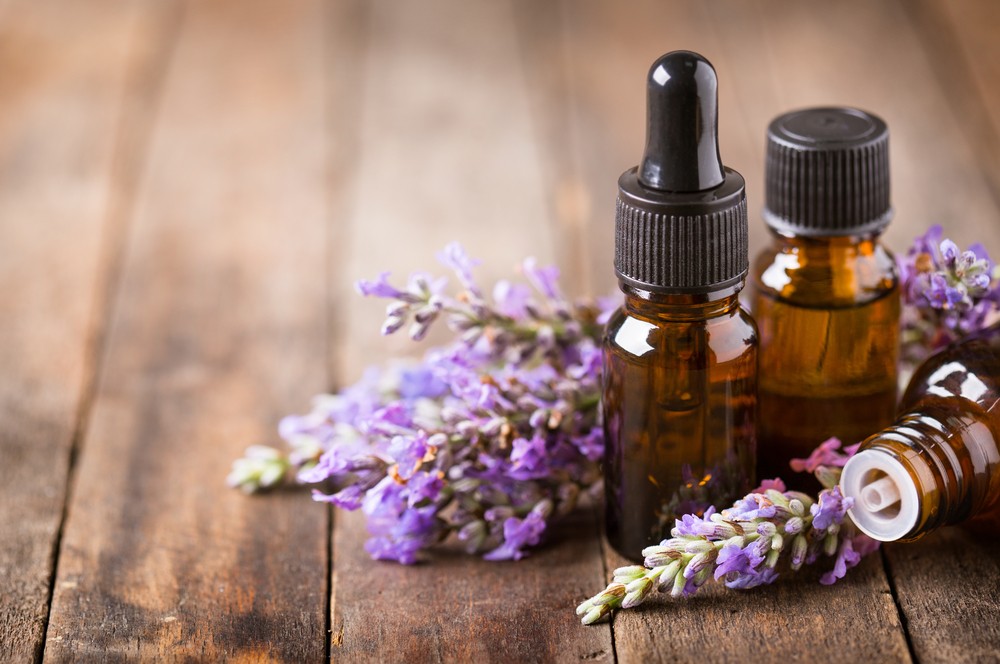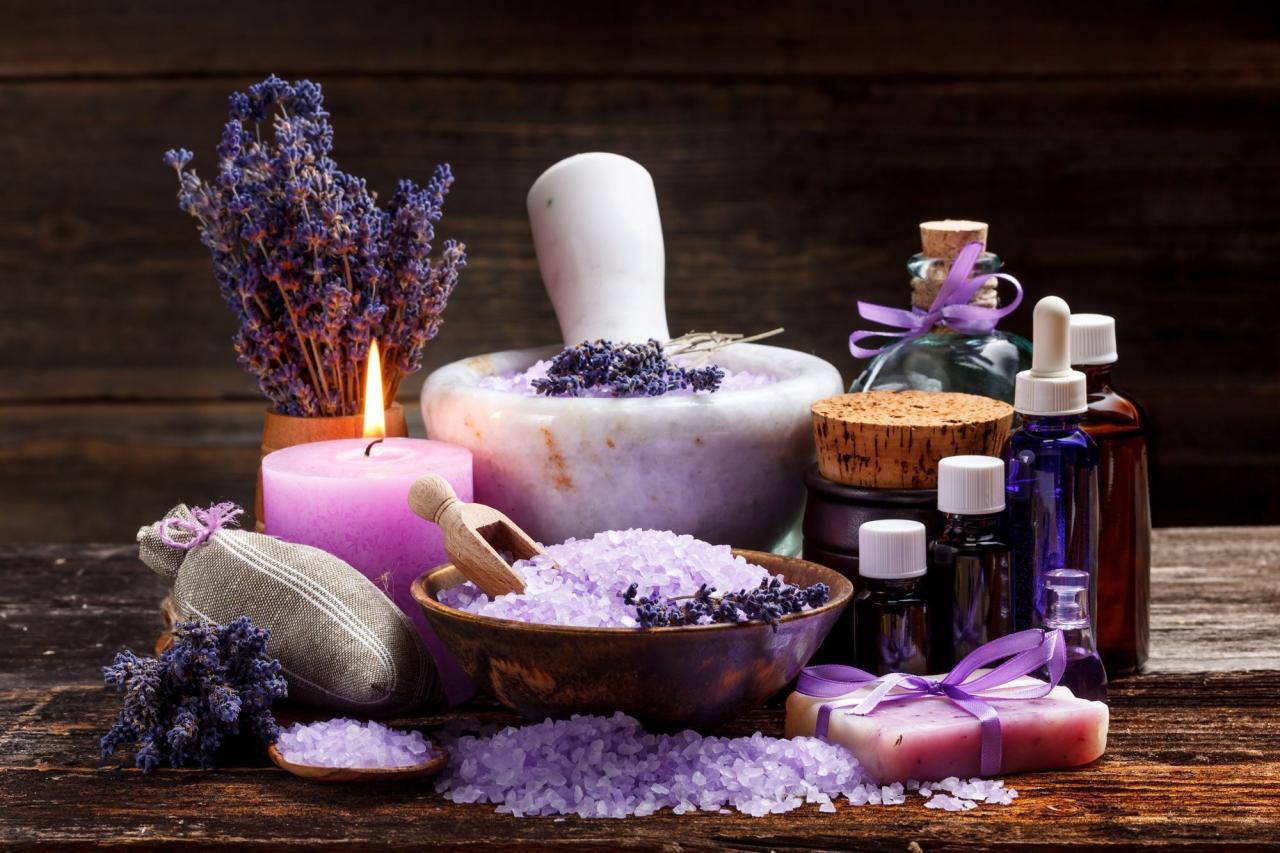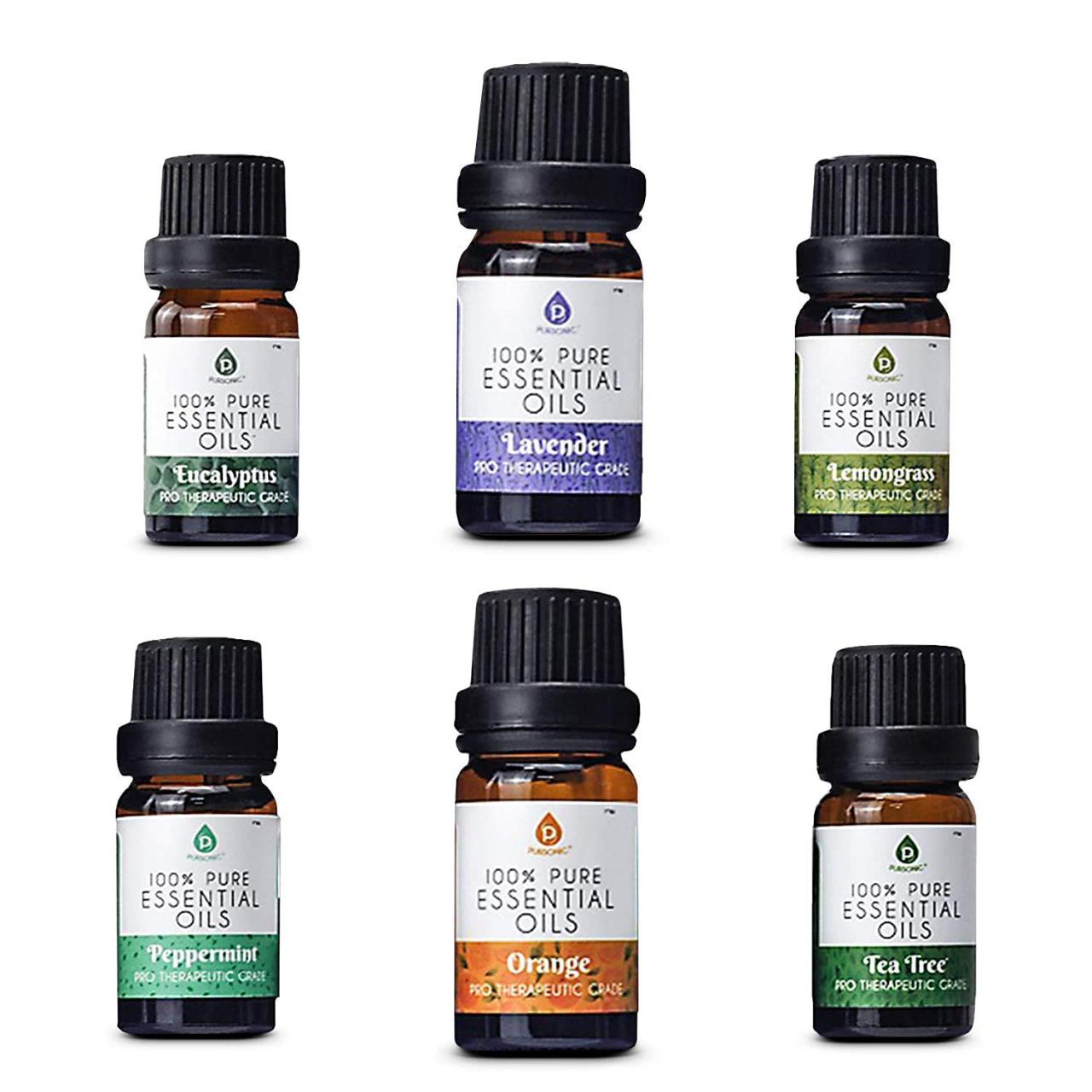Immerse yourself in the aromatic world of aromatherapy products, where nature’s essence intertwines with well-being. From stress relief to enhanced sleep, these fragrant companions offer a holistic approach to nurturing both body and mind.
Essential oils, the heart of aromatherapy, boast a myriad of therapeutic properties. Discover the power of lavender’s calming embrace, the invigorating zest of peppermint, and the grounding warmth of frankincense. Our comprehensive guide unravels the secrets of these aromatic treasures, empowering you to harness their transformative potential.
Aromatherapy Products Overview

Aromatherapy products are natural substances that are extracted from plants and used for therapeutic purposes. They are typically used in the form of essential oils, which are highly concentrated plant extracts that contain the volatile compounds responsible for the plant’s scent.
Aromatherapy products can be used in a variety of ways, including inhalation, topical application, and diffusion.
The benefits of using aromatherapy products are numerous. They can help to improve mood, reduce stress, relieve pain, and boost immunity. Aromatherapy products can also be used to treat a variety of skin conditions, such as acne, eczema, and psoriasis.
Types of Aromatherapy Products
There are a wide variety of aromatherapy products available, each with its own unique benefits. Some of the most popular types of aromatherapy products include:
- Essential oils:Essential oils are the most concentrated form of aromatherapy products. They are typically used in a diffuser or added to a bath or massage oil.
- Carrier oils:Carrier oils are used to dilute essential oils before they are applied to the skin. They help to prevent skin irritation and can also help to extend the shelf life of essential oils.
- Diffusers:Diffusers are used to disperse essential oils into the air. They can be used in a variety of settings, including the home, office, and car.
- Candles:Candles are a popular way to enjoy the benefits of aromatherapy. They can be made with essential oils or with a blend of essential oils and other natural ingredients.
Essential Oils in Aromatherapy Products
Essential oils are highly concentrated plant oils that capture the scent and therapeutic properties of their source plants. They are widely used in aromatherapy, a holistic therapy that utilizes natural scents to promote relaxation, alleviate stress, and enhance overall well-being.Various
essential oils possess distinct properties and offer a range of benefits. Here’s a list of some commonly used essential oils and their characteristics:
Lavender Essential Oil
* Calming and relaxing properties
- Promotes restful sleep
- Relieves stress and anxiety
- Reduces inflammation and pain
Peppermint Essential Oil
* Invigorating and stimulating
- Improves alertness and concentration
- Relieves headaches and migraines
- Aids digestion
Tea Tree Essential Oil
* Antibacterial and antifungal properties
- Effective for treating acne and skin infections
- Boosts immunity
- Promotes wound healing
Eucalyptus Essential Oil
* Expectorant and decongestant
- Clears respiratory congestion
- Reduces inflammation and pain
- Invigorating and energizing
Lemon Essential Oil
* Uplifting and mood-boosting
- Purifies the air
- Supports digestion
- Cleanses and refreshes the skin
When choosing essential oils, consider their specific properties and how they align with your intended purpose. For example, if you’re seeking relaxation and sleep improvement, lavender oil would be a suitable choice. If you need to alleviate headaches or improve alertness, peppermint oil might be more appropriate.
Blending different essential oils can create synergistic effects, enhancing their therapeutic benefits.
Methods of Using Aromatherapy Products
Aromatherapy products can be utilized in various ways to achieve their therapeutic effects. Each method offers unique advantages and is suitable for different situations.
Diffusers
Diffusers disperse essential oils into the air, creating an aromatic atmosphere. They can be electric or heatless. Electric diffusers use ultrasonic vibrations to break down the oil and water mixture, while heatless diffusers rely on natural evaporation. Diffusers are ideal for large areas and provide a consistent scent throughout the space.
Inhalers
Inhalers, such as nasal sticks and personal diffusers, allow for direct inhalation of essential oils. They are portable and convenient for use on the go. Inhalers provide a quick and concentrated dose of aromatherapy benefits, making them suitable for immediate relief from stress, headaches, or respiratory issues.
Topical Applications
Essential oils can be diluted with carrier oils, such as jojoba or coconut oil, and applied directly to the skin. Topical applications allow for targeted treatment of specific areas, such as sore muscles, skin irritations, or wounds. It is important to note that some essential oils may cause skin irritation, so it is crucial to dilute them properly and perform a patch test before use.
Baths
Adding a few drops of essential oils to a warm bath creates a relaxing and therapeutic experience. The steam helps disperse the aroma, allowing for deep inhalation and absorption through the skin. Baths with aromatherapy products are particularly beneficial for stress relief, improved sleep, and detoxification.
Safety Considerations for Aromatherapy Products

Aromatherapy products, while generally safe when used correctly, require certain precautions to ensure safe and effective use. Understanding potential risks and following proper safety guidelines is crucial to avoid adverse effects and maximize benefits.
Common mistakes include applying essential oils directly to the skin, ingesting them, or using them near children or pets. It’s essential to dilute essential oils in a carrier oil or water before applying them topically and to avoid internal use unless under the guidance of a qualified healthcare professional.
Consultation with Healthcare Professionals
Consulting with a healthcare professional is highly recommended before using aromatherapy products, especially if you have any underlying health conditions, allergies, or are pregnant or breastfeeding. They can provide personalized guidance on safe usage, potential interactions, and any contraindications.
Applications of Aromatherapy Products
Aromatherapy products have diverse applications in various settings, offering benefits such as stress relief, improved sleep, mood enhancement, and pain management.
Stress Relief
Inhaling calming scents like lavender or chamomile can help reduce stress and anxiety. Studies have shown that aromatherapy massage with lavender oil significantly reduces stress levels in individuals experiencing chronic stress.
Sleep Improvement
Certain essential oils, such as bergamot and valerian, promote relaxation and sleep. Diffusing these oils in the bedroom or applying them topically before bed can improve sleep quality and duration.
Mood Enhancement
Aromatherapy products can uplift mood and reduce symptoms of depression. Citrus scents like orange or lemon are known to boost energy and improve overall well-being.
Pain Management
Some essential oils, such as peppermint or eucalyptus, have analgesic properties. Applying these oils topically or inhaling them can provide temporary relief from pain associated with headaches, muscle aches, and menstrual cramps.
“I’ve been using lavender essential oil in my diffuser for years, and it’s made a huge difference in my sleep. I fall asleep more easily and wake up feeling refreshed.”- Sarah, a regular aromatherapy user
Closing Notes

As we conclude our aromatic journey, remember that aromatherapy products are not mere fragrances but potent tools for enhancing our lives. Embrace their versatility, from diffusing soothing scents to indulging in relaxing baths. By incorporating these aromatic allies into your daily routine, you unlock a world of natural remedies that nurture your well-being and elevate your spirit.